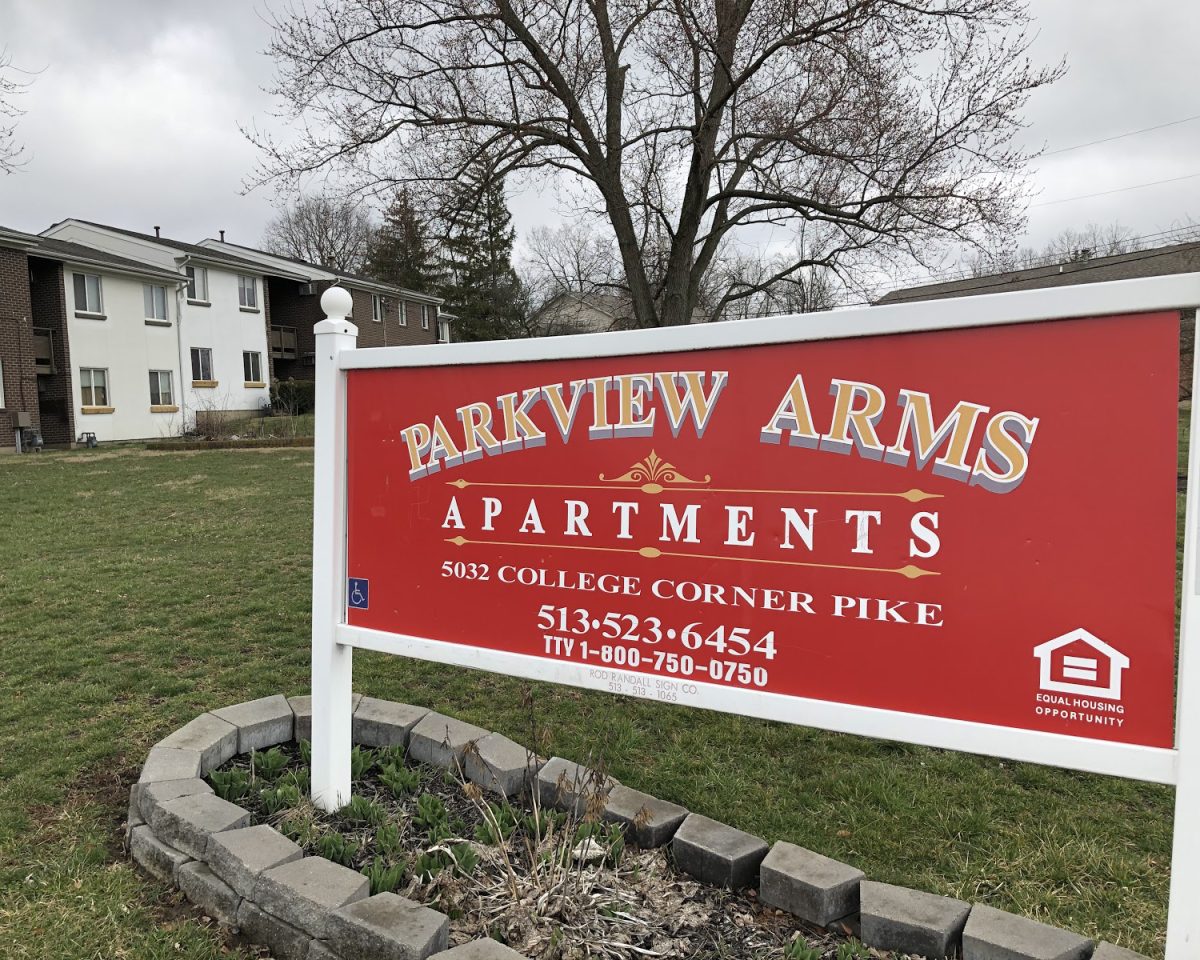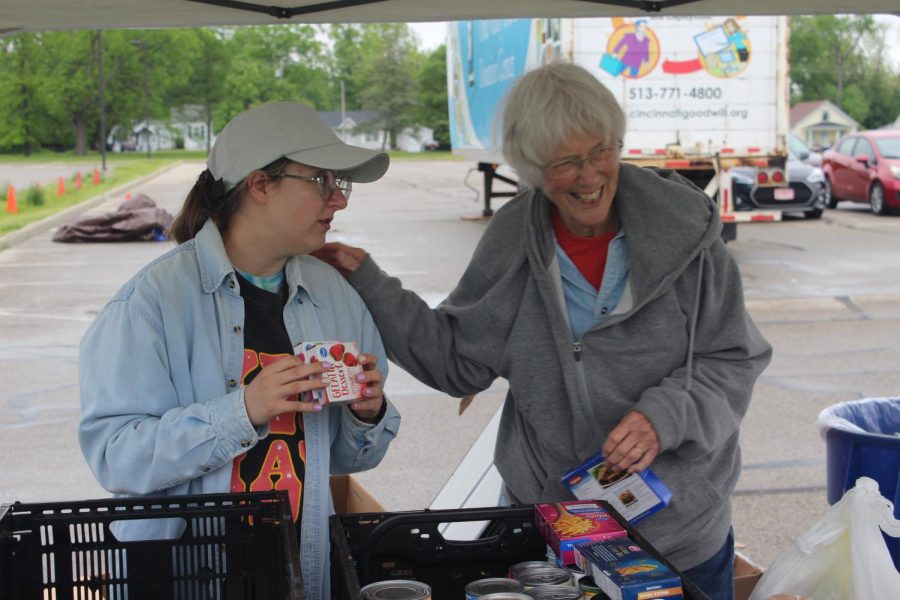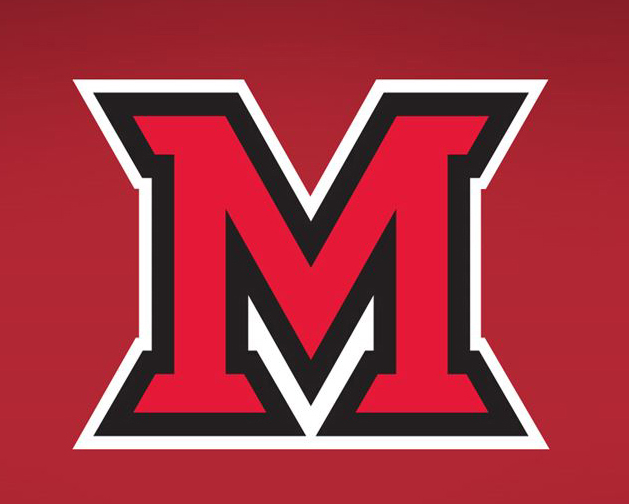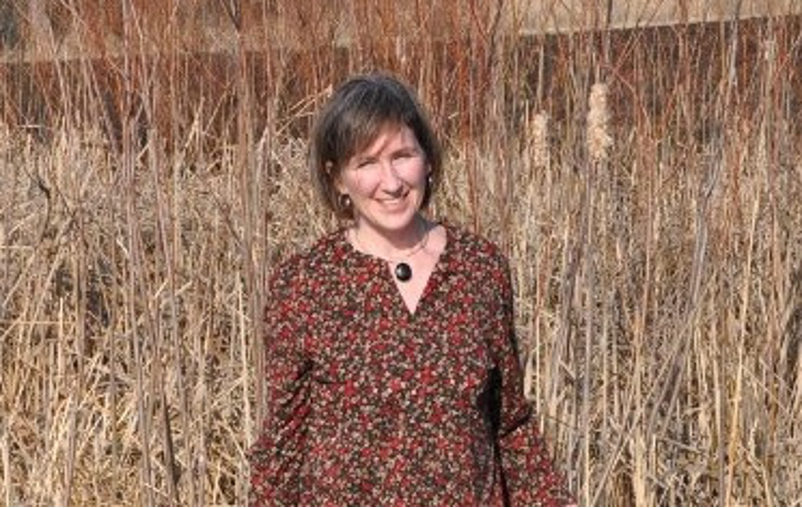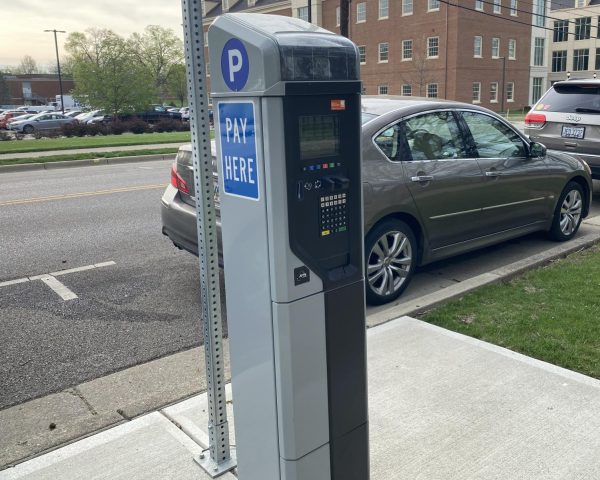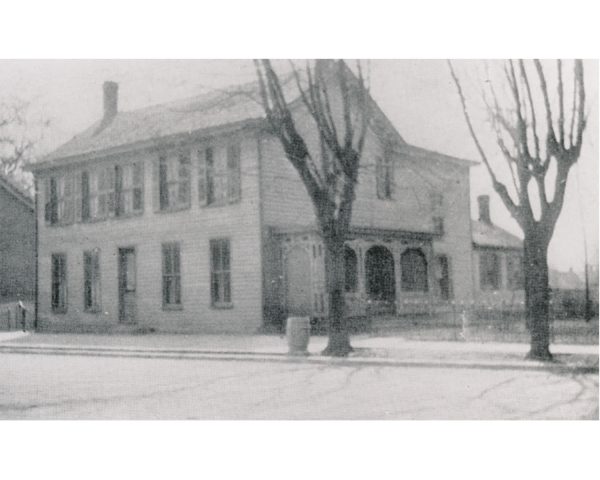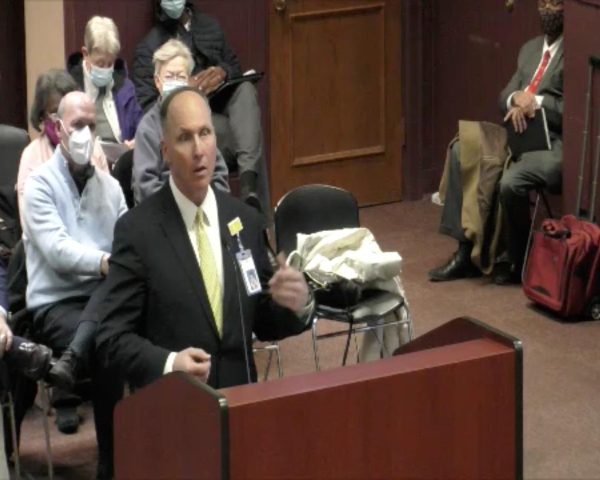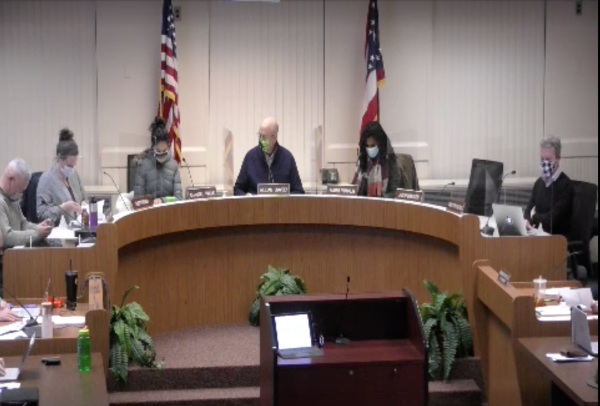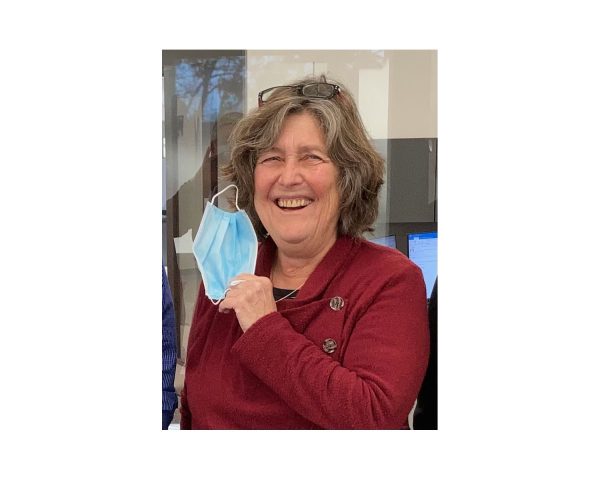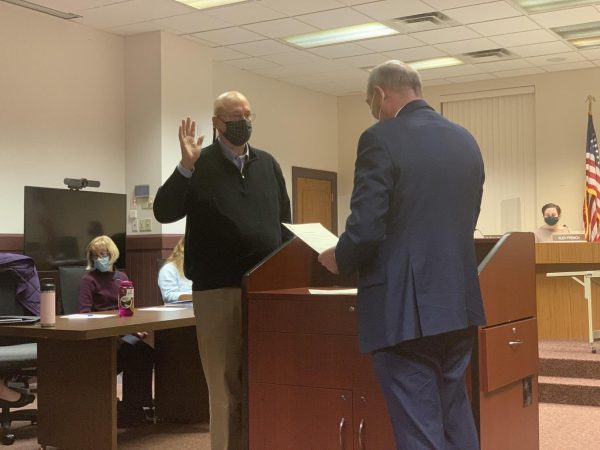City Council passes resolutions to allocate coronavirus aid
Oxford Council will consider spending CARES funds to provide WIFI to underserved areas of the city such as the Parkview Arms Apartments, to help students with online learning.
September 18, 2020
Oxford City Council allocated $643,296 from the federal Coronavirus Aid, Relief and Economic Security (CARES) program this week to aid public health and service needs throughout the city. An additional $832,786 in CARES funding is expected to come to the city in the next few months.

Resolutions approving some of the initial allocations were passed by the city council at its Sept. 15 meeting. The programs support Oxford residents’ basic needs, educational support programs, public health services and economic sustainability, according to the resolutions.
CARES funds are being passed through the Ohio Municipal League to local governments throughout the state. The league told Oxford in August it would be receiving the $643,296 as its share of the first and second rounds of the CARES program. The city then solicited funding requests from its own staff and from local organizations that support the community, according to Assistant City Manager Jessica Greene.
The funds allocated by council this week went to:
- Talawanda Oxford Pantry and Social Services (TOPSS) – $42,000
- Oxford Family Resource Center (FRC) – $142,000
- Talawanda School District – $16,000
- Oxford Community Arts Center – $14,017
- Butler Behavioral Health – $20,000
- Oxford Seniors – $46,500
- City of Oxford Public Health – $26,600
TOPSS, a non-profit organization aimed at alleviating hunger and providing nutrition information to the families and individuals in need within the Talawanda School District, will use the funds to purchase a used food truck to act as a mobile food pantry.
TOPSS requested another $53,000 out of the next round of funding to provide a custom food delivery truck, as opposed to a used one. TOPSS Director Ann Fuehrer said her new proposal was given the green light by the city as far as the feasibility of her request.
The pantry serves the Talawanda School District, geographically the largest in the state. With customers living almost 20 miles away from the pantry, Fuehrer thinks a mobile unit would be a big help.
“Over two-thirds of our customers live in those very concentrated locations, subsidized housing and mobile home parks,” scattered throughout the district, Fuehrer said.
Volunteers currently deliver with their personal vehicles, but a food truck would allow for safer food transportation. TOPSS hopes to set-up six different delivery locations, mirroring the school district’s existing school breakfast and lunch programs.
“We’re really pleased that the city staff and council understand the need to target the more vulnerable people in the community,” Fuehrer said. “They are supporting the people with the fewest resources.”
The Oxford Family Resource Center (FRC) is focused on eliminating poverty in the community, and it will be using its grant to provide emergency financial assistance for rent and utilities, car repair and transportation assistance, and eviction history credit repair.
The FRC, along with several other local agencies, is looking into using funds from the next CARES distribution to either rent rooms at hotels or purchase a space to provide a cold shelter for the homeless in the area for when the temperatures drop during the winter.
Greene said the city is committed to continuing to review cold shelter options during the next phase of CARES.
The Talawanda School District received its own distribution from CARES to provide Chromebooks, iPads, and Wi-Fi hotspots to assist students with online learning. The money it received did not cover all of the district’s needs for the new educational set-up, so it asked and received money from the city’s allocation, said Shuanna Tafelski, interim treasurer of the school district.
“To include (the schools) in the recent resolution, knowing that the school district has already received a portion of CARES act money. . . I am grateful,” Tafelski said.
The Oxford Community Arts Center will use its allocation to provide virtual programs for the community. Kari McLean, associate director of development and marketing for OCAC, thinks these programs will be beneficial for any age group.
“We need to be able to reach (people),” McLean said. “Seniors especially, they’re socially isolated. To be able to provide programming that they can access… is key.”
The center hopes to contribute activities the community can engage with. McLean said providing a creative outlet is important in this time of virtual learning for children.
“That’s what our hope is,” McLean said. “That there would be some engagement and interaction.”
With the funds Butler Behavioral Health received, the organization plans to provide more than 100 additional counseling sessions. Randy Allman, the CEO of Butler Behavioral Health said the CARES act funding says a lot about Oxford’s support of mental wellness.
“(The counseling sessions) are designed to quickly get our hands around the community and help market our services to a population that otherwise wouldn’t seek out or wouldn’t know how to seek out mental health care,” Allman said.
Butler Behavioral Health is in communication with Talawanda schools and other small business groups to help publicize the available counseling services, Allman said.
Oxford Seniors will be using its grant for public health and technological upgrades. Seniors will receive new technology to receive virtual programming, and the center itself will get a new door. The organization also hopes to provide transportation options that allow for social distancing for seniors throughout the Oxford area.
The remaining funds from the $643,296 will be used by the city of Oxford for public health upgrades, such as personal protective equipment, sanitation services and Zoom subscriptions, Greene said.
With the additional funding expected in the next phase of the federal program, the city is considering installing Wi-Fi hotspots in neighborhoods that have little or no internet service, such as ParkView Arms Apartments on College Corner Pike, mobile home communities on the west side of town and city parks. This would serve as an aid to online learning for families struggling with internet access, Greene said.
Greene said she is formulating a proposal on Wi-Fi installations and costs for council to consider at its Sept. 30 meeting.
All CARES funds must be utilized before Dec. 28, 2020, under the terms of the federal act that created the program.


